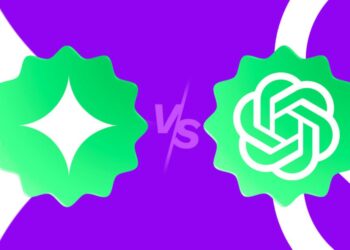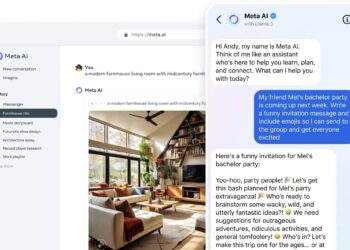With the rise of artificial intelligence (AI) tools, advertising strategies have rapidly evolved to include platforms like ChatGPT. However, the incorporation of ads within this conversational AI has sparked a wave of criticism from users. This article delves into the reasons behind the backlash and highlights the sentiments expressed by the community.
Why Are Users Upset?
The discontent surrounding ChatGPT ads stems from several key issues:
Intrusiveness of Ads
One of the primary complaints revolves around the perceived intrusiveness of advertisements in what many users consider a personal interaction. Some of the major points raised include:
- Disruption of Flow: Users feel that ads interrupt the natural flow of conversation, making interactions feel less genuine.
- Annoyance Factor: Many find it frustrating when unsolicited promotions appear during their inquiries.
Quality of Recommendations
Users also express concern regarding the relevance and quality of the advertised products or services:
- Irrelevant Content: Several individuals report receiving suggestions that do not match their interests or needs, leading to a sense of disconnection.
- Trust Issues: The presence of ads raises questions about the reliability of the information provided. Users worry that promotional content may overshadow unbiased responses.
User Reactions on Social Media
The feedback on platforms like Twitter, Reddit, and Facebook has been a mixed bag, with many individuals vocal about their displeasure. Some recurring themes include:
Calls for Unfiltered Interactions
Many users crave an experience devoid of advertising, desiring unfiltered responses to their queries. Some expressed their thoughts as follows:
- "I just want straightforward answers; the ads ruin the experience."
- "It feels less like a conversation and more like a sales pitch."
Suggestions for Improvement
Along with complaints, users are proposing potential solutions to enhance the experience:
- Ad-Free Subscription Models: Some have suggested implementing premium services where users can pay to avoid advertisements altogether.
- Better Targeting of Ads: There’s a call for improved algorithms that ensure more relevant ads are displayed, thereby minimizing the disruption.
Impact on User Experience
The integration of ads into ChatGPT can significantly affect user satisfaction. Users have voiced concerns over:
Changes in Interaction Style
Users worry that ads may lead to more scripted interactions, reducing the spontaneity and engagement that AI tools strive to offer. This shift could alter the fundamental nature of how users interact with AI.
Decline in Reliability
The introduction of advertisements might lead some users to distrust the platform altogether, impacting its long-term usability as a credible source of information.
Community Split
While many users are against ads, there exists a smaller subset of the community that does not mind them. These users are often indifferent, as they believe advertisements can help support the platform’s development and maintenance.
Alternatives Being Explored
As users navigate the landscape of ChatGPT and similar platforms, some are considering alternatives to enhance their experience, including:
- Other AI Tools: Individuals are exploring different AI tools that offer a more ad-free experience.
- Feedback to Developers: Many users are actively providing feedback to developers, urging them to reconsider the strategy around advertisements.
Given the ongoing backlash against ads in ChatGPT, developers are at a crossroads, needing to balance revenue generation with user experience. The evolving dynamics between AI, advertising, and user expectations are likely to shape future developments in the industry.





